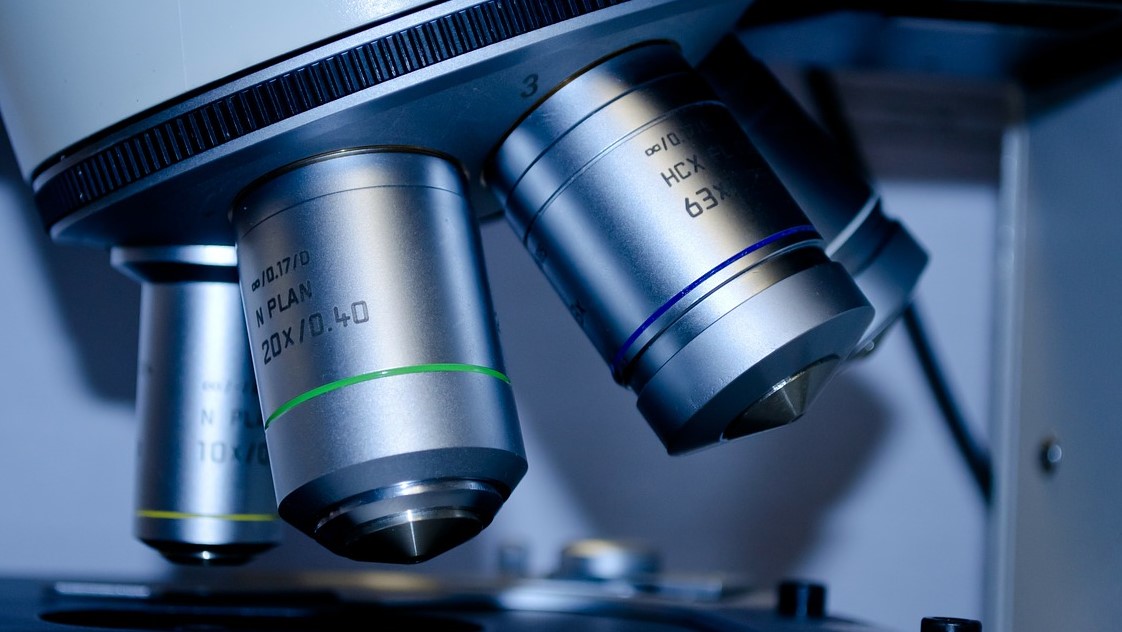
This is a course in experimental science offered to first-year students at Tohoku University in scientific and technical fields (the Faculties of Science, Engineering, Pharmaceutical Sciences, and Agriculture, the School of Medicine and Dentistry).
The paradigms of experiments and observations play crucial roles in the natural sciences. Consider this question: What would you do if you came across a strange new natural phenomenon—a new quirk of the natural world that cannot be explained on the basis of present scientific understanding? If you are a scientist, you begin by attempting to organize the problem logically based on existing knowledge and wisdom, constructing a model to explain the new phenomenon you have observed. Then you conduct experiments and observations to validate whether or not your model is correct. If the results of these tests indicate that your model is correct, we consider the phenomenon in question to be understood. Otherwise, we must return to the model-construction stage and reconsider the premises of our model. Then we again turn to experiment and observation—perhaps incorporating improved experimental methods or instruments—and repeat the process. This iterative procedure is repeated until the phenomenon in question is understood. In your previous scientific education, up through and including your high-school years, the emphasis lay on the acquisition of knowledge. In contrast, as a university student your scientific training will shift; you will now begin to participate in the above-described trial-and-error process for building an understanding of natural phenomena. The first objective of Introductory Science Experiments is to smooth your transition toward adopting the disposition and perspective needed to succeed in this new type of academic endeavor. Moreover, science courses in today’s high schools are electives, chosen by students; for this reason, some students will not have studied some topics. Consequently, a second objective of this course is to touch on a broad range of topics in the natural sciences, merging content from conventional courses in physics, chemistry, biology, and Earth science. A third objective of the course is to equip students with the skills needed to write successful scientific articles.
In pursuit of these goals, we have selected five broad themes to be covered by this course. Three are topics of central relevance for the 21st century: Earth and the environment, energy, and life. A fourth topic, materials, represents an area of research and development in which Tohoku University is especially strong. Our final theme is to understand the relationship between science and culture, and—in particular—to see how the laws of the natural sciences serve ultimately as the background and foundation on which culture rests.
Our goals in this course of experimental science are to inculcate in students at least three central qualities: (1) logical thinking skills, (2) an appetite for remaining continually fascinated by new discoveries—and the ability to take on a continual series of new challenges—and (3) the ability to write scientific articles.